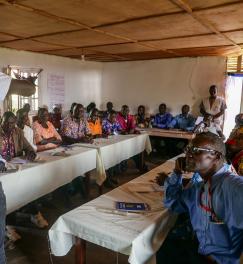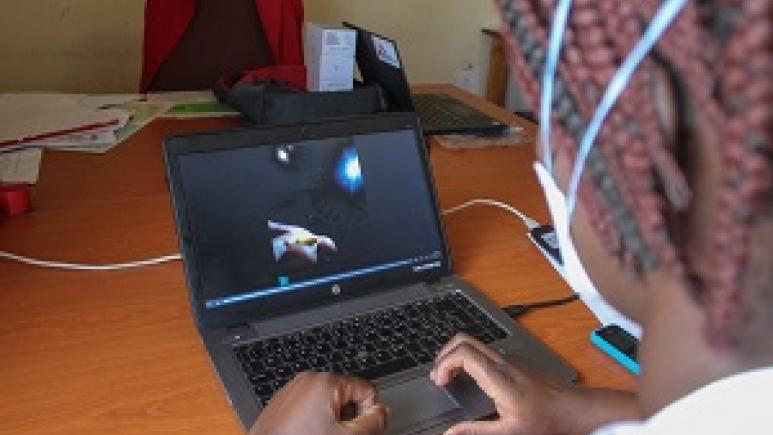RepEpi: 5 days of training to better fight against epidemics
From March 15 to 19, 20 participants, mainly doctors and nurses, project managers or coordination members, from 15 different nationalities and operating in many MSF intervention sites, all sections included, are benefiting from a bi-annual training provided by Epicentre on epidemic response (RepEpi). Training is an integral part of Epicentre's activities
because, as Marie-Hélène Soulier, Epicentre's Training Manager, reminds us, "Giving staff the tools and knowledge to deal with emergencies and epidemics ensures a faster and more effective response. "
During the 5-day training, the following diseases will be addressed: measles, cholera, Ebola, malaria and meningitis. One day will of course be dedicated to the Covid 19 pandemic.
At the end of the training, participants will be able to
- Carry out an epidemic investigation
- Detect an epidemic episode
- Define and implement strategies for the management and control of epidemics
- Communicate on the situation
This training is given every year in French and English - online this year - and contributes to ensuring that MSF staff are prepared to identify and manage an epidemic. It also helps to improve the surveillance of infectious diseases worldwide and once the first actions have been taken quickly, teams can be sent to the field to take samples for diagnosis, organize first aid and possible prevention measures (vaccination, etc.)
Training
Find out more







